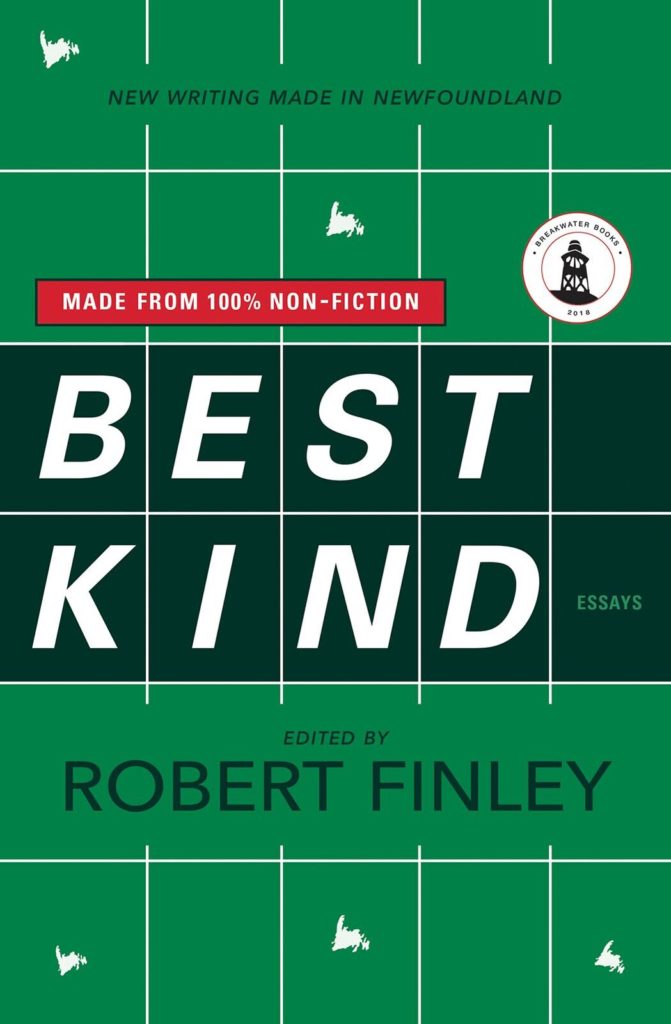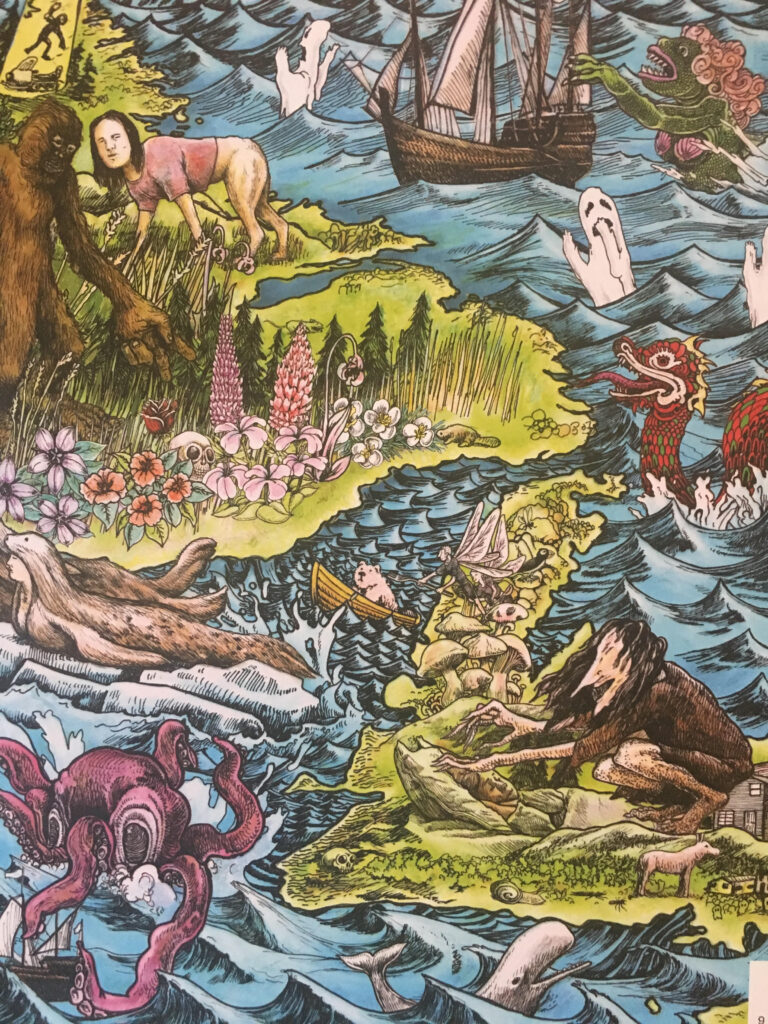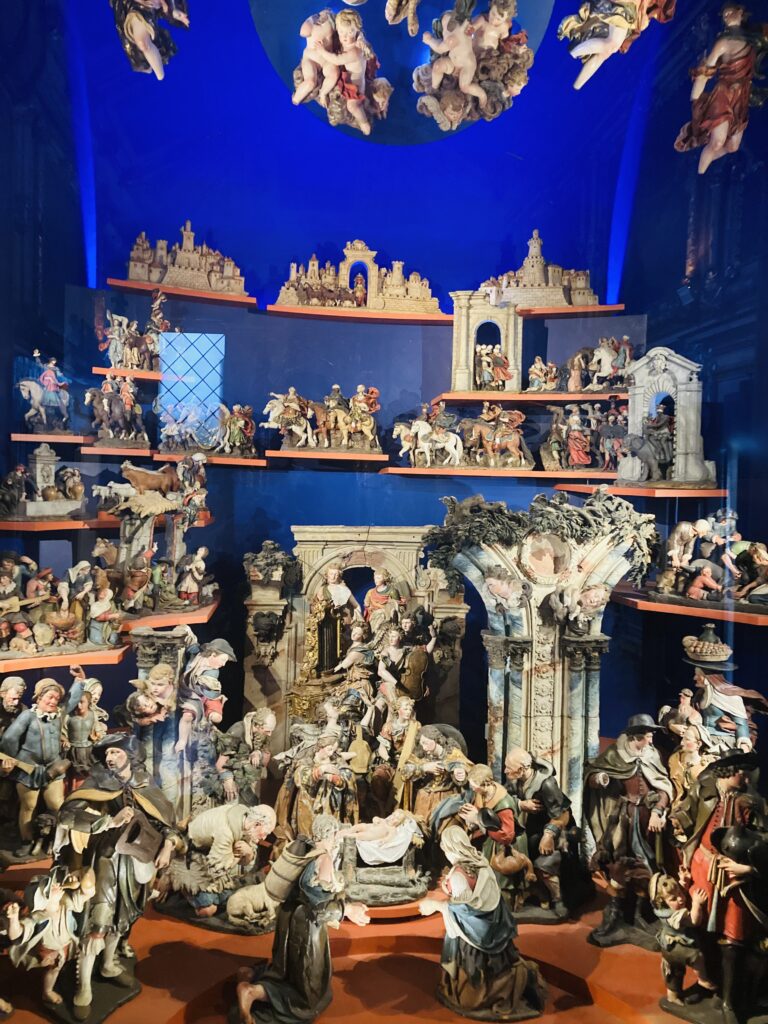Garrett Doyle: I have a low fear of risk
July 2022
Where did you grow up in NL?
I grew up initially in Wabush, in Labrador, so I lived there until I was about 13, and then I moved to St John’s. I was there until I graduated university and then I moved over here.
What did you study at MUN?
History and Political Science.
What was your thinking then, what was your plan?
I was either going to be a History professor – my dad was a professor at MUN – or I was going to be a lawyer, which my lawyer now thinks is very funny.
So what happened?
I have an Irish passport through my mother, so I came over here as a backpacker. My first job was at Harrod’s, making Christmas hampers. And then I sort of went home and thought actually I quite liked it there, and came back for another stint because with an Irish passport I could come and go as I liked, and I got a job selling Apple computers. And that started me out in the tech sector. In relatively short order I was managing people. The lifestyle was quite good here, it was quite lively. When I was 27, in the late 1990s, I started my own tech business. I’ve sort of evolved a couple of times, that was my first business, and I had another business which I built up, which again was a technology business, which I sold in 2008. In 2002 I helped found a studio streaming business, and sold that in January of this year, to a US private equity firm. And in 2010 I was joint co-founder of a company called The Virtual Forge, which is a software development business, and I’m involved with that to this day. We’re based in Bath, we’re based in Lisbon, we’re based just outside Philadelphia in the US, and we’ve opened an office in NL, although we have struggled to hire people.
As you became more and more involved with technology businesses, did you go off and earn another degree in this field?
No. I have a low fear of risk. So if something seemed like a good idea I said I can do that and I tried it. In running a business you learn marketing skills, you learn accountancy skills, you learn business management skills, you learn leadership skills – not to say you learn any of them particularly well but you learn, and your effectiveness in doing that combined with the idea you had in the first place determines the outcome: whether you are able to first build and maintain a business and finally make it successful.
What did you like about London?
I liked the pubs. I liked the fact that it was a big city. I liked the fact that it was in the centre of everything. So you could in very short order travel to wherever you wanted to travel.
London has been a very important city for so centuries.
I would argue that’s it’s better located than it’s ever been. There’s a cosmopolitan-ness that no other city has. And that includes New York and Paris. Very, very cosmopolitan.
What about the cost of living?
There’s a good equation between the cost of living and the ability to earn. So the ability to earn is very good here, you can build up a business effectively so you can earn well, and with that being said I think a house in Toronto is probably more expensive than a house in London right now.
How was the pandemic for you?
I break the pandemic in three phases, I make the joke it was a little bit like the Beverly Hills Cop movies, the first one was really good, the second one was ok, the third one was really awful. There was definitely periods when I thought the businesses I’m involved with were under threat, and probably won’t be able to survive. In short order we were able to find out that they would actually prosper. We actually came out with bigger businesses than we went in. For me definitively the first year of it I found the ability to work from home was quite good. An opportunity to think about things wasn’t a bad thing. Towards the back end of it I was quite keen to get back out in the world. So I’m quite active in travelling again.
One of the tricky things is NL did such a good job of that start that when it was time to open up NL got hit a bit harder and people were a bit hesitant. In the UK, where they did quite a bad job, it actually allowed the country to come out of it a bit quicker and the people in the UK were maybe more psychologically ready for it.
Is there anything you miss about NL?
The good thing is I get to go home a lot. I do feel quite connected to home. I do miss friends and family. And the sense of humour.
Any advice to a MUN graduate now thinking of getting out in the world? Thinking should I try to live in London?
Just try it, and say hello to everyone. Maybe not the weird people. But just try it. I’m involved with the Harlow Board. It is very, very important for NL that the younger people do get to travel, and to different places. Take the path less travelled.
NQ spoke with Garrett Doyle on the hottest day of recorded temperatures in London, UK.



